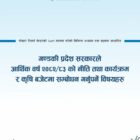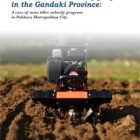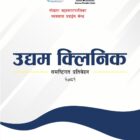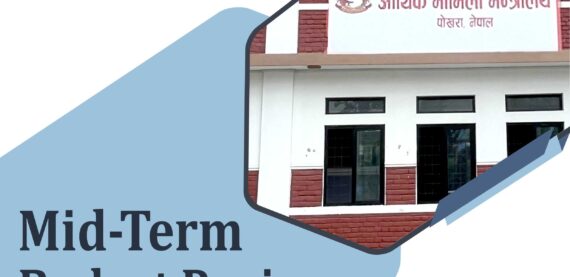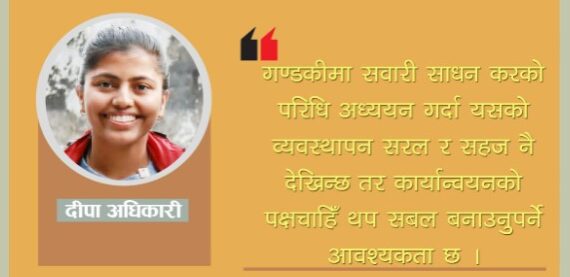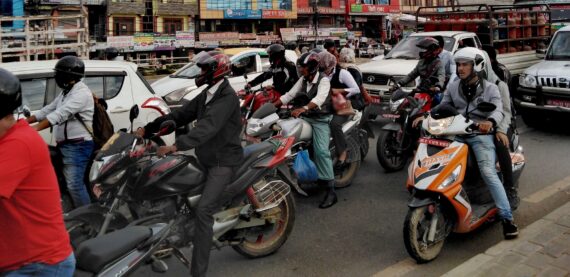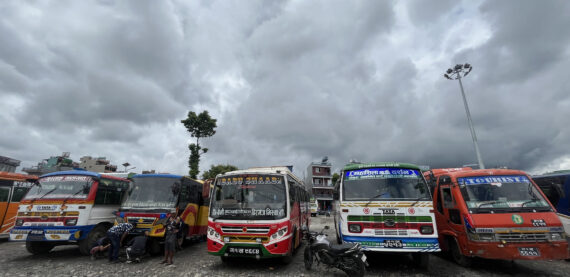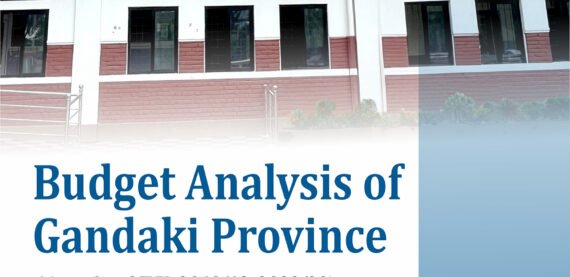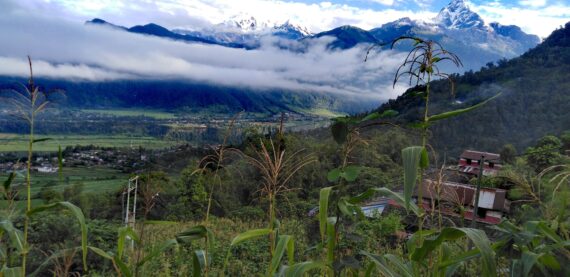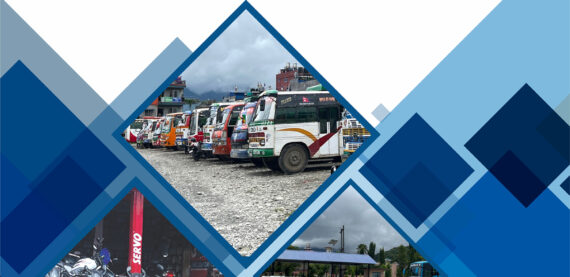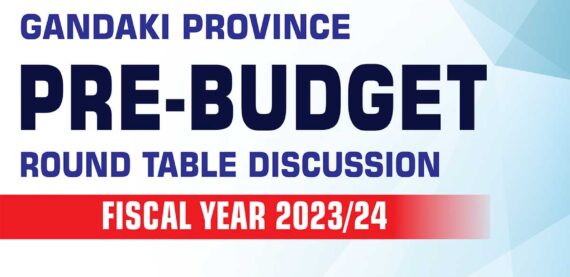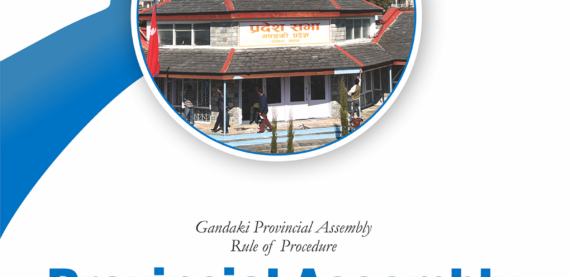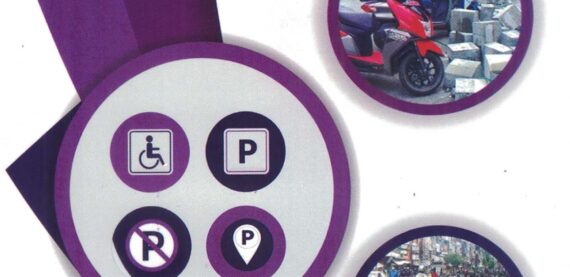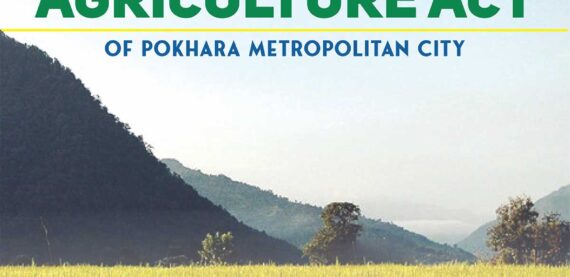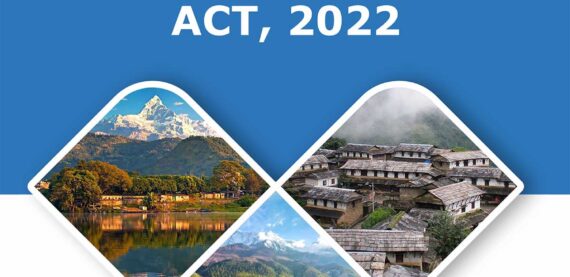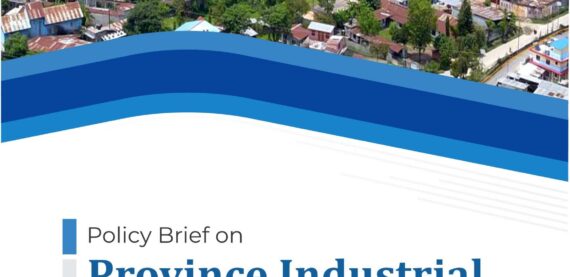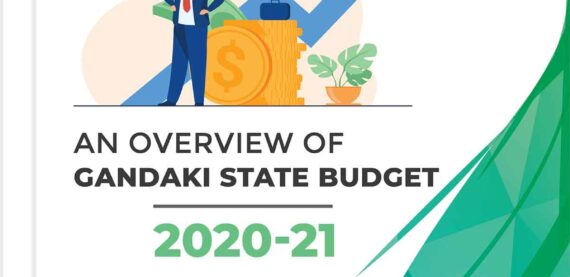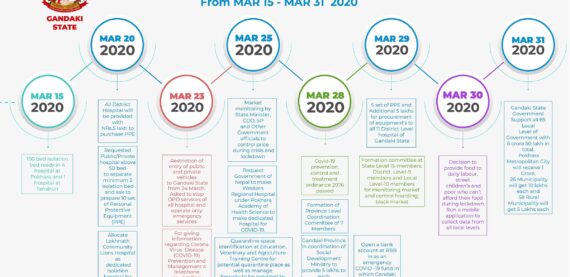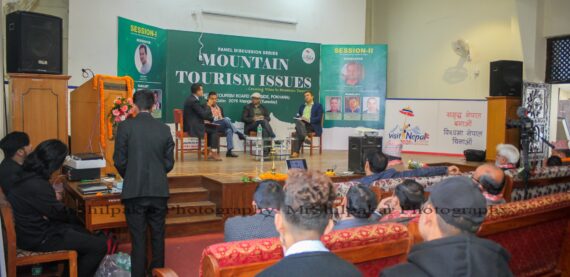Pokhara Metropolitan City’s efforts to enhance its tourism sector through the establishment of the Metropolitan Tourism Development/Promotion Committee have come under scrutiny due to concerns regarding the committee’s composition. It appears that the formation of the committee deviates from the provisions outlined in the act governing its establishment.
The act specifies that the committee should consist of nine members, each with a designated role. The Mayor of the PMC is assigned as the committee’s president, and an expert in tourism appointed by the Metropolitan Executive Officer assumes the position of Vice Chairperson. Additionally, three members from the Metropolitan Assembly, appointed by the Metropolitan Executive Officer, contribute their expertise. Moreover, three individuals with specialized knowledge in tourism resources and the tourism industry, also appointed by the Metropolitan Executive Officer, serve as committee members. Lastly, a designated official responsible for overseeing the tourism sector of the Metropolitan Municipality acts as the secretary.
However, it has come to light that the Metropolitan Tourism Development Committee, as established by the PMC, consists of ten members, surpassing the prescribed composition by one additional member. This deviation raises concerns among stakeholders as it strays from the regulations set forth in the act.
The formation of a committee within the parameters of the act is crucial to ensure equitable representation and effective decision-making. Each member’s expertise and experience contribute to the committee’s ability to achieve its objectives for the development and promotion of tourism in the city.
The Metropolitan Tourism Development/Promotion Committee has been entrusted with several important objectives. These include the protection and promotion of natural and cultural tourism resources within the urban area, branding and market development for local products, and the creation of employment opportunities through the expansion of tourism-related businesses and enterprises. Additionally, the committee aims to establish Pokhara Metropolitan City as a safe, reliable, and quality tourism hub with an emphasis on sustainable management.
Given the committee’s significant responsibilities, it is crucial to ensure that its composition aligns with the guidelines outlined in the act. Adherence to the prescribed composition will ensure that all relevant stakeholders are represented, diverse perspectives are taken into account, and decision-making processes are transparent and effective.
To address the concerns raised, it is necessary to rectify the deviation from the prescribed committee formation. By doing so, the committee will reinforce the principles of good governance and enhance its ability to achieve its objectives.
As concerned citizens, it is essential that we remain vigilant and advocate for adherence to established regulations. The establishment of the Metropolitan Tourism Development Committee presents an opportunity to drive the growth of the tourism industry in Pokhara Metropolitan City. However, this can only be achieved if the committee operates within the legal framework and upholds the principles of transparency and accountability.
The lack of inclusive and gender-responsive committee formation poses a significant challenge to the effective implementation of legislation. By examining the specific case of the metropolitan tourism development committee, we have highlighted the importance of adhering to legislative provisions and ensuring the balanced representation of stakeholders. The deviation from prescribed committee composition warrants attention and corrective action to maintain transparency, fairness, and effective governance. Ultimately, by rectifying this disruption, we can foster a more inclusive and participatory decision-making process within our legislative framework.
In conclusion, the deviation from the prescribed committee formation for the Metropolitan Tourism Development Committee raises concerns among stakeholders. It is crucial that the PMC takes immediate action to rectify this issue and ensure that the committee’s composition aligns with the guidelines outlined in the act. By doing so, we can foster an environment conducive to sustainable tourism development in Pokhara Metropolitan City.
Will the PMC address these concerns and rectify the committee’s composition, ensuring
compliance with the act? Only time will tell.

An undergraduate Social Science student at Tribhuvan University, passionate about advocating for policy change, conducting research, and leading outreach initiatives.

